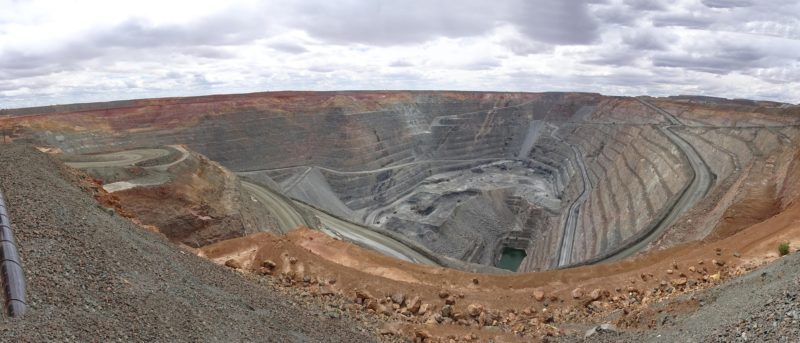With the current glare on climate change and global protests, banks and financial institutions are becoming increasingly strict about environmental compliance by their borrowers.
Emissions from the metals and mining industries account for 10% of the total impact on climate change, according to the UN Environment Programme.
These companies have now to fill up lengthy questionnaires from banks as a pre-condition to sanction of funds. Even investors such as pension and mutual funds are drawing up ‘exclusion lists’ to drop environmentally unfriendly companies from their investing radar.
“We’re turning down lots of stuff. Being green is a precondition for lending,” said Laurent Charbonnier, global head of metals and mining at HSBC, as quoted by the Financial Post.
On the other hand, investors have poured money into global ‘sustainable’ funds, as ESG investing has become a serious trend.
ESG compliance has high-cost implications for mining and metal companies, coming atop already expensive Capex requirements estimated at $240 billion in the coming decade for supplying the world’s demand for base and precious metals.
However, ESG investments are not always a burden. They can pay off in the long run with substantial savings in operating costs.
BHP’s recent renewable energy contracts in Chile are a case in point. Commencing 2021, these arrangements to supply BHP’s giant Chilean copper mines will slash costs by 20%. BHP found the renewable contracts lucrative enough even after taking a hefty $780 million charge to close out existing coal contracts.
A recent report from the World Gold Council said there was a clear business case for replacing diesel with renewable energy in gold production.
Read the Financial Post article HERE.
Image Source: Pixabay

